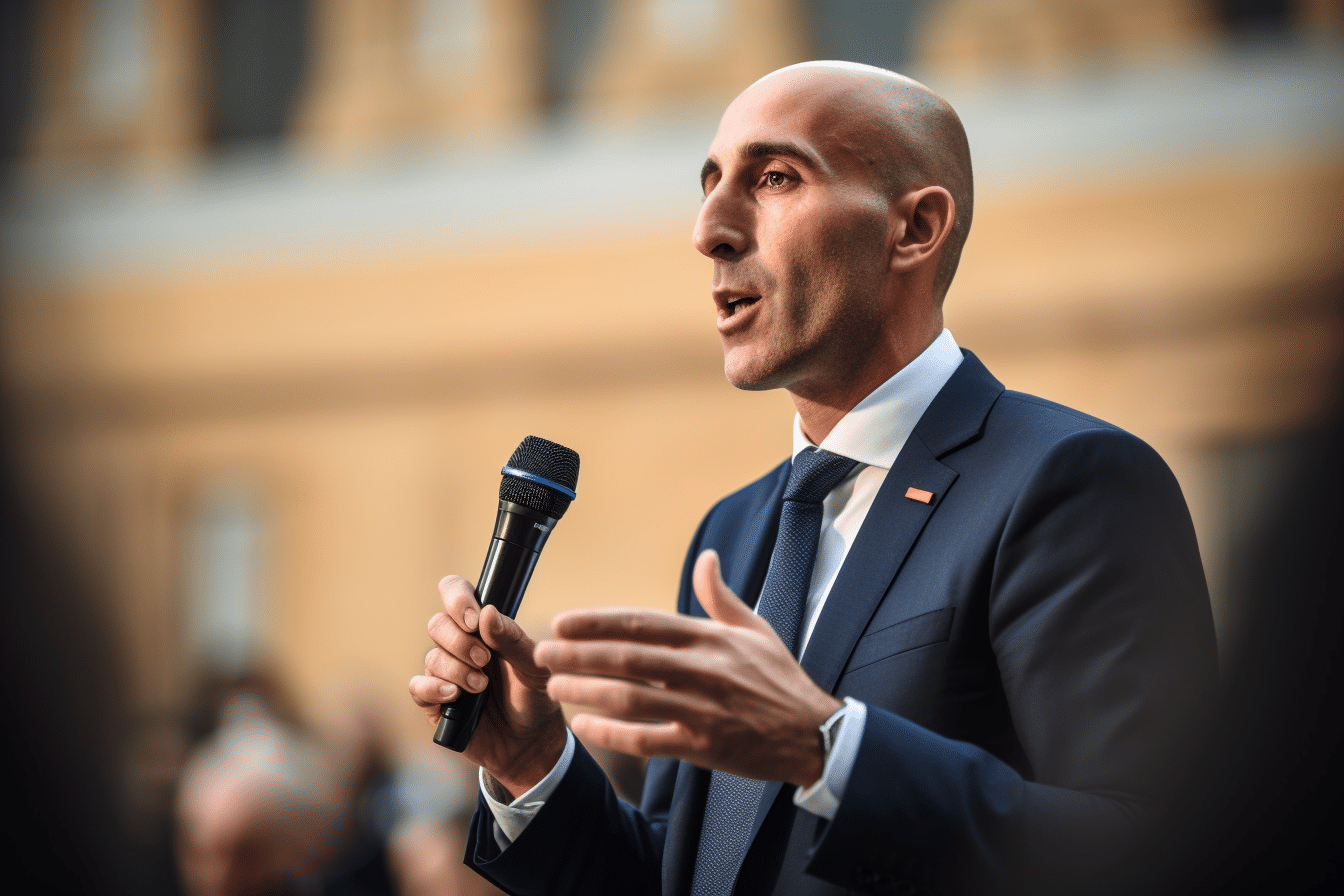Spanish soccer is finally breathing a sigh of relief as Luis Rubiales, the president of the Spanish soccer federation, stepped down from his position amid mounting pressure after an incident that marred the celebration of the Women’s World Cup victory by the Spanish women’s team.
Rubiales faced relentless criticism and calls for his resignation after he kissed player Jenni Hermoso on the lips without her consent during the trophy ceremony following Spain’s 1-0 win over England in the Women’s World Cup final held on August 20th in Sydney.
The decision to resign was long-awaited by many in the country, as it was seen as a necessary step to move past one of Spanish soccer’s most embarrassing chapters. Additionally, Rubiales’ departure is expected to clear the path for Spain’s bid to host the men’s World Cup in 2030, alongside Portugal, Morocco, and potentially Ukraine.
Spain’s National Court has also announced that it will look into whether Rubiales should face charges of sexual assault and coercion in connection with the incident. According to Spain’s new sexual consent law, Rubiales could face a fine or a prison sentence of one to four years if found guilty of sexual assault. This law eliminated the distinction between “sexual harassment” and “sexual assault,” making any unconsented sexual act punishable.
Rubiales had faced staunch opposition within his own federation, with the organization publicly asking him to step down. Jorge Vilda, the coach of the women’s team and one of Rubiales’ key supporters, was fired last week.
Pedro Rocha has taken charge of the federation since Rubiales was provisionally suspended by FIFA, the governing body of world soccer. The Spanish federation has announced plans to hold a new presidential election to select Rubiales’ successor.
The incident involving Rubiales has caused significant reputational damage to Spanish soccer. Javier Tebas, the president of the Spanish soccer league, noted that the recovery process would not be easy.
Rubiales, in addition to his resignation as the president of the Spanish soccer federation, has also stepped down as a vice president of European soccer body UEFA. This decision was made to prevent any further damage to Spain’s joint bid with Portugal and Morocco to host the men’s World Cup in 2030.
Despite the controversy surrounding Rubiales, Spain has risen to the No. 2 spot in the FIFA rankings. The national team is scheduled to begin the Women’s Nations League on September 22, with a match against top-ranked Sweden. This follows Spain’s victory over Sweden in the Women’s World Cup semifinals.
In domestic soccer, Spanish women’s league players are currently on strike, advocating for what they refer to as a dignified minimum wage. As Spanish soccer looks to move forward from this turbulent period, the resignation of Luis Rubiales serves as a pivotal moment in its journey toward healing and redemption.




